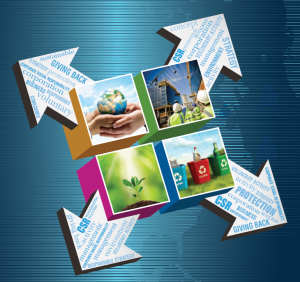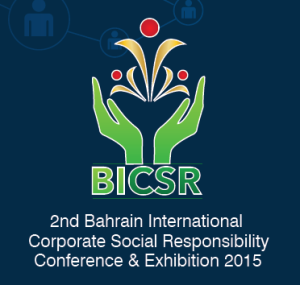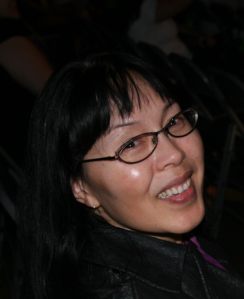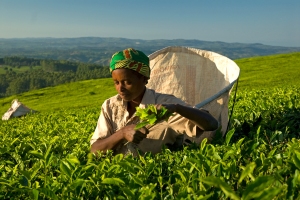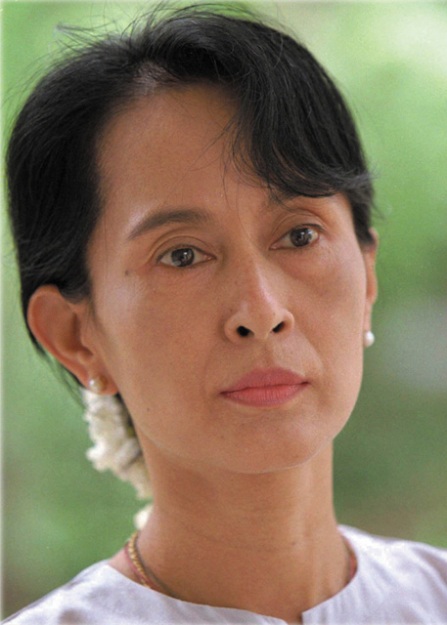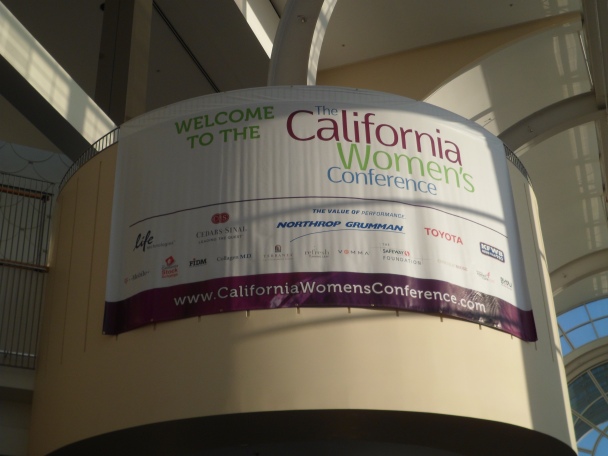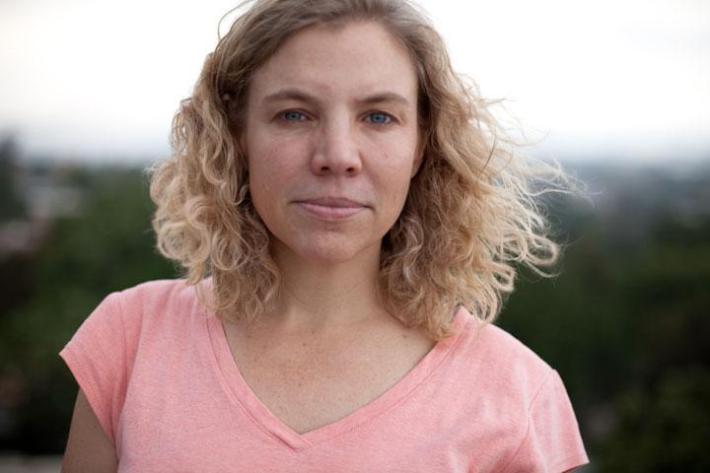Women’s International Center Spotlight on Women Speaker Series and Ahlers International Speaker Series Present:
Russian Entrepreneur Panel from San Diego’s Sister City Vladivostok
In partnership with The University of San Diego Ahlers Center for International Business, San Diego World Affairs Council, San Diego International Sister Cities Association, Open World Program.
- Article by Bridget McDonald, Executive Director Women’s International Center
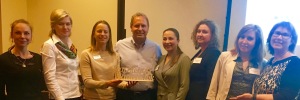
Photo: L-R Natalya Alekseyevna Kozlova, Yevgeniya Nikolayevna Rogalskaya, Erin Kellaway, David Edick Jr., Alina Aleksandrovna Gorshkova, Natalya Igorevna Kirchanova, Yelena Vasilyevna Demidenko, Bridget McDonald

University of San Diego
How honored we were to welcome a dynamic group of Russian entrepreneurs who traveled all the way from Vladivostok to San Diego to share their fascinating stories about the opportunities and challenges arising from starting and running a business. Our panelists included:
Natalya Igorevna Kirchanova, Director, Niki, Ltd
Natalya Alekseyevna Kozlova, Owner, Indigo, Ltd.
Yevgeniya Nikolayevna Rogalskaya, Director, Owner, Aunt Roza, Ltd.
Alina Aleksandrovna Gorshkova, General Director, Mirae, Ltd.
Yelena Vasilyevna Demidenko, Director, TETA Company
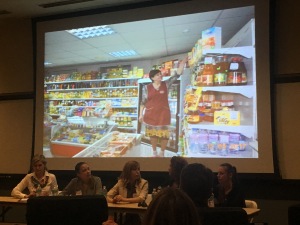
Complete with a colorful slideshow, our panel began with a presentation by Natalya Igorevna Kirchanova, Director, Niki, Ltd. She related that she originally received a grant and began her business with just one small store — a mini market — and she currently is that store’s director. The market sells food, tobacco, alcohol, stationery, toys and cleaning products. The goal of her company is to meet the needs of her clientele by providing variety and choice. Her team closely monitors expiration dates and has tight quality control. They feature both local and international suppliers, for example they sell Jack Daniels from the US. Her store is located in a well-populated residential area.

The second panelist, Alina Aleksandrovna Gorshkova, General Director, Mirae, Ltd., is the energetic founder of a company that provides and implements heating and cleaning systems. She began her business as a twenty-year-old student ten years ago and now she has businesses in both Moscow and Vladivostok. She provides infrared heating, which is a new more energy efficient type of heating.
Here company’s name Mirae is the name of a type of heater film. When she was a student in South Korea, she learned that this kind of infrared heating system was widespread in homes and dormitories. Because she speaks Korean, she was able to find the vendor of this particular kind of heating film in Korea and her determination has paid off because she now she has exclusive rights for providing this film throughout Russia. She explains that she contracts with both private parties and with the government. Her company does charity work by installing the heating film free of charge in some cases and by giving it as a gift to foster children for their playrooms.
Gorshkova is currently interested in learning more about new clean technologies for heating homes and saving energy. During this international Open World exchange program, she hopes to find even newer technologies that she can implement in Russia. Keeping sustainable and environmentally-friendly energy as her company’s main focus, Mirae also imports solar lights used to beautify gardens, so Gorshkova is interested in finding US vendors of solar panels.
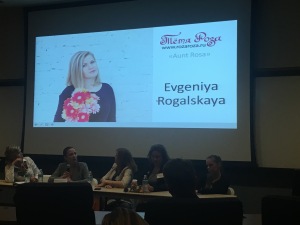
Third panelist, Yevgeniya Nikolayevna Rogalskaya, Director, Owner, Aunt Roza, Ltd graduated from a state technical university and her specialty is engineering. She began by drawing maps for an entire year, then she decided to become a graphic designer and went on to found a company. When there was an economic crisis in Russia, she closed her company and went into the flower business. Early in her career, she had helped her mother open their first flower shop together. She told her mother that they would do business together and would call it “Aunt Roza,” which has become the name of their brand. In the course of 5 years she has gone on to open not one, two or three, but five flower shops where she sells flower and other goods.
Rogalskaya then decided to expand her business and focused on four complimentary disciplines. She currently beautifies interior spaces like offices and homes and has been beautifying car dealerships as well. She manages one flower shop out of five, choosing to focus on corporate clients because of the profitability. Years ago, customers began asking her about handmade cards and envelopes and she now has about 400 card designs for various kinds of events. In her studio where she produces envelopes and cards, they conduct workshops for children where they teach kids how to create different flowers from different materials. Now that the company has been in business for 10 years, Rogalskaya hopes that in 20 years they will be world famous.
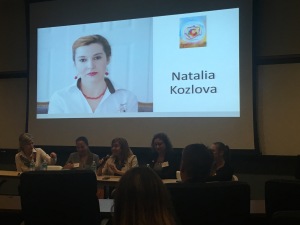
Our fourth panelist, Natalya Alekseyevna Kozlova, Owner, Indigo, Ltd., underlines the importance of Behavioral Health. When it comes to dialogue, Kozlova prefers to be the one asking the questions: the main focus of her business is psychology. As a professional psychologist and coach, she is an expert in human services. Some of her preferred fields include art therapy and Jungian psychoanalysis. She coaches individuals, businesses and many executives. When it comes to managing human resources, she consults with several corporations. Small businesses, like those of her colleagues, often come to her for help with their executive leaders. Many executives know how to generate funds, but they often do not know how to deal with employees, so Kozlova helps them. In a world where Behavioral Healthcare is needed more than ever, psychologists like Kozlova are indispensable to successful companies.
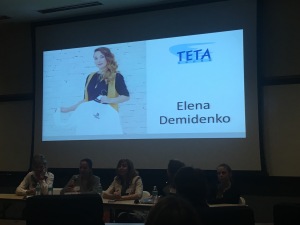
Yelena Vasilyevna Demidenko, Director, TETA Company, is our final fifth panelist and she has a degree in international business. During the course of her life’s journey, she originally prepared to become a mother. Always fond of fashion, she ended up with a career that matched her skills and interest: the manufacturing of uniforms. Along with stylish uniforms and promotional clothing, her company produces tablecloths, stage costumes, souvenirs while working in the hospitality sector. Because of hard work and steadfast dedication, her company grew into continued success and now she is a mother of three who encourages other women to go into business.
She is an advocate for the Russian public non-profit organization called OPORA Committee for the Advancement of Women Entrepreneurship. For the benefit of mothers, she began a Mother Entrepreneurship program in which the only condition for participating is to have had children or be planning to have children. This organization offers assistance packages to help mothers become business-women. As a result, the percentage of women entrepreneurs in Russia is increasing. There are still fewer women than men entrepreneurs in Russia, but in her region of Vladivostok, the percentage is higher than the national average, at about 54%.

After this fascinating panel, the audience was eager to ask questions. The replies are candid and informative!
Question: “What were some of the difficulties you faced?”
Responses: “When people saw that we were young, we had to prove ourselves as experts in the areas that we were promoting, to prove ourselves as more knowledgable than the vendors themselves.
Question: “How do you handle children?”
Responses: “An effective entrepreneur can also be an effective mother. It is simply a question of balancing being successful both as a mother and as a business-woman. During this trip to San Diego, the same question has come up before and is also asked to business-women in the US. Fortunately, general acceptance of being successful at both entrepreneurship and motherhood is increasing.”
Responses: “When I was at the start-up stage, I used to work as an employee and worked with a supplying vendor. I thought I could trust him as a vendor. Then I found out there was another CEO who gave me lots of problems. When it came to delivery, he kept postponing delivery, always saying “Tomorrow, tomorrow tomorrow.’ The refrigeration equipment in question was never delivered and all the groceries were on their way to the store, complete with an expiration date. With all these groceries en route, there was no storage equipment to store them. This was one of my biggest financial and psychological challenges. Ultimately, I had to buy different storage equipment from a different supplier, so the expiration date was even shorter. It was difficult, but with the help of my family and our resolve, we managed.”
Response by Alina Aleksandrovna Gorshkova: “In Russia, we have the same rights as men do to defend ourselves. I had one client with a big house, he was financially stable and wanted to buy our heating system. He asked for documentation and proof that our system was reliable, so he asked my employees to send in a director. When I showed up, three times in a row he said “Go away girl, send me your director.” Only after a detailed conversation full of science, facts and figures did he finally shake my hand and said “I am so sorry.” Recently, in my meetings with government, these kinds of situations have improved. Hopefully things are changing for the better, maybe I am just getting older!”
Question: “Please tell us how you got started.”
Response by Natalya Igorevna Kirchanova: “I got a grant to begin my business. I wrote a business plan to go to workshops on merchandizing and accounting. It was the government that decided whether to give me this grant. If a grant’s requirements are not met, we have to return the funds. During the first three years, I needed to provide reports, and demonstrate that I have been the owner of the business for three years. Years later, I sold the whole business and opened the new store that I have now.
Responses: “Banks were not very good with small businesses. I used some of my own, as well as my family’s, money to open my business. I am currently looking for investors.”
Responses: “I hardly had any money and had to do everything by myself. So I printed small things by hand, designed banners and posters. Little by little the business grew. Now we have lots of clients and a good reputation. I follow my intuition, instincts, and use my skills. Without intuition, there is no single book or workshop that will help. I have contracts with the Moscow government, which is a huge achievement! I have never read a single book or been to a workshop on business.”
Question: “How were you able to get a grant from the Russian government?”
Responses: “We actively took part in expos and conferences. Many people attend, including famous celebrities and many people who work for the government. There was a gentleman who passed by our booth and was interested in our product. I did not know who he was, we told him about our product and he was very interested. Then I received a special invitation from the Moscow government to attend a Real Estate event in Moscow. After this special conference, it was possible to network even more with the government in Moscow.
Women’s International Center gives special thanks to these dynamic entrepreneurs willing to share their enlightening stories, as well as to:
Erin Kellaway of University of San Diego Ahlers Center for International Business
David Edick Jr of the San Diego World Affairs Council
The Open World Program
San Diego International Sister Cities Program
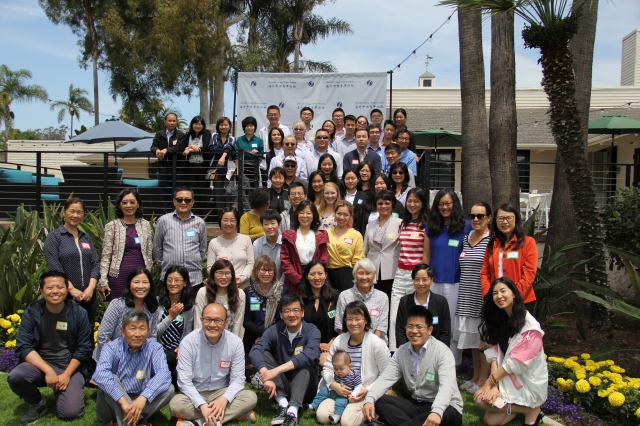 Granted there is excellent golf and even memorable hat making contests at Morgan Run, this month the event to remember was called Women in China: Equality, Power and Change. A delegation of scholars and community leaders joined us all the way from China invited by a nimble non-profit called the Overseas Young Chinese Forum (OYCF.net), founded in 1999 by a group of bright academics including San Diego State University professor Lei Guang who is also the director of the 21st Century China Center based at UC San Diego’s School of Global Policy and Strategy. The goal of this meeting of minds was to share knowledge, exchange ideas, connect communities, identify problems and explore solutions. Here to welcome the OYCF was Anne Hoiberg, President of the Women’s Museum of California, Donna Lilly from the American Association of University Women, and myself from the Women’s International Center, among many others.
Granted there is excellent golf and even memorable hat making contests at Morgan Run, this month the event to remember was called Women in China: Equality, Power and Change. A delegation of scholars and community leaders joined us all the way from China invited by a nimble non-profit called the Overseas Young Chinese Forum (OYCF.net), founded in 1999 by a group of bright academics including San Diego State University professor Lei Guang who is also the director of the 21st Century China Center based at UC San Diego’s School of Global Policy and Strategy. The goal of this meeting of minds was to share knowledge, exchange ideas, connect communities, identify problems and explore solutions. Here to welcome the OYCF was Anne Hoiberg, President of the Women’s Museum of California, Donna Lilly from the American Association of University Women, and myself from the Women’s International Center, among many others.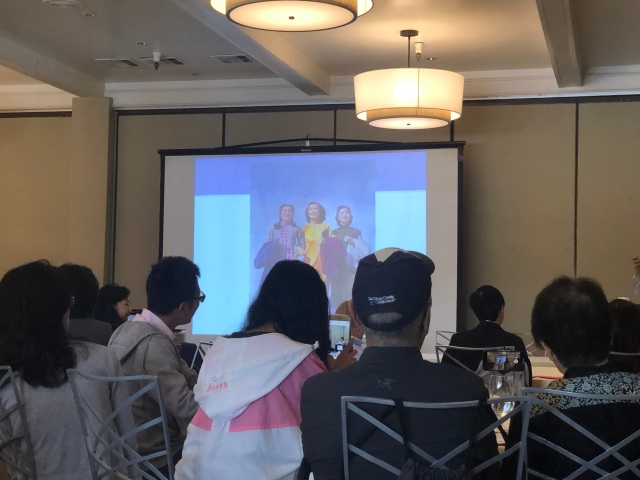

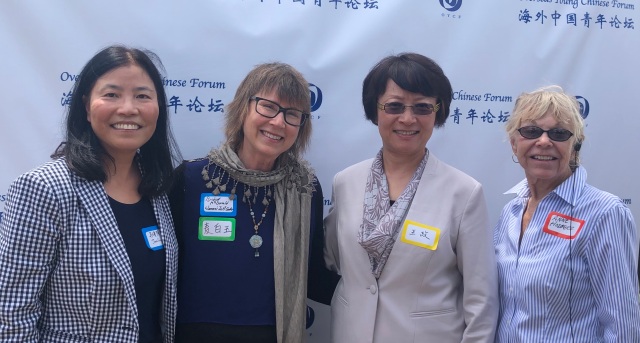









 5 Ways to Celebrate the Luck of the Irish Without Alcohol
5 Ways to Celebrate the Luck of the Irish Without Alcohol
